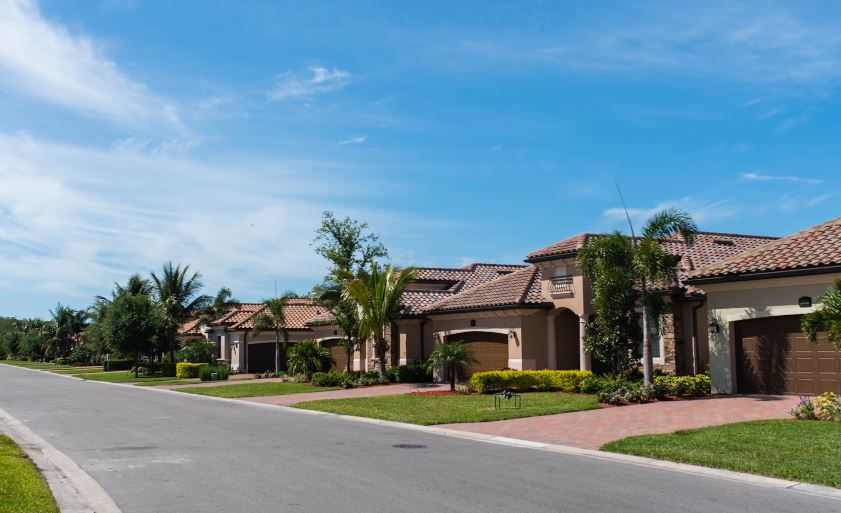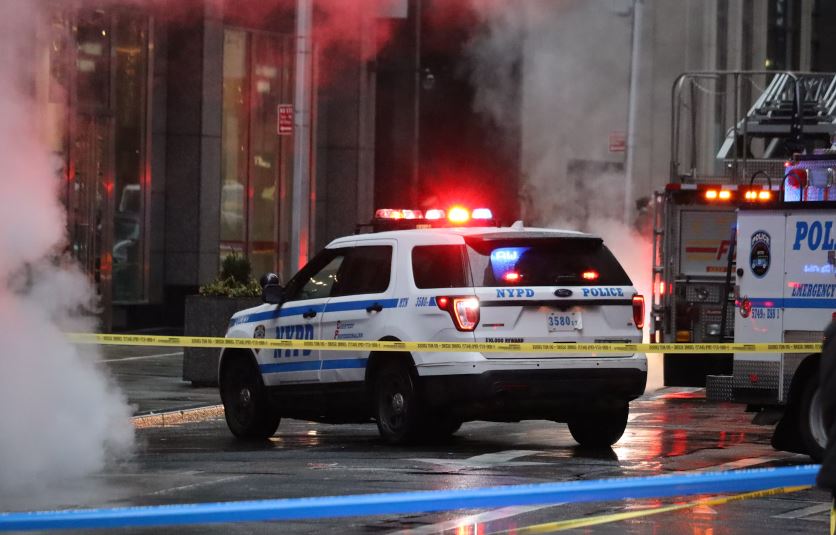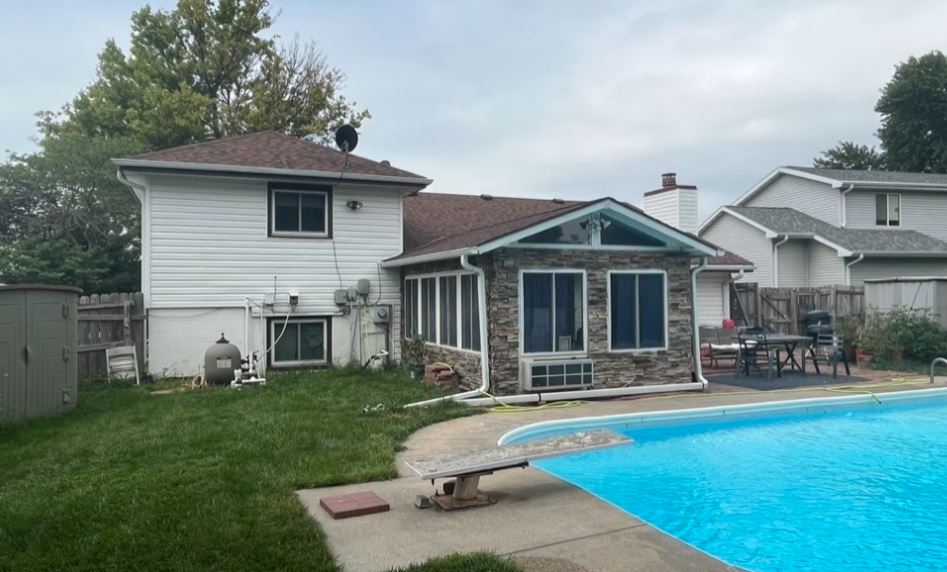Distressed properties have a huge impact on neighborhoods, property values, crime rates, and the financial well-being of both owners and investors.
In this post, I’ll go over the 5 major impacts of distressed properties.
#1 Neighborhood Decline
A neighborhood overflowing with distressed properties can set off a cycle of decline.
Empty or run-down homes make the whole area look bad, which makes it less attractive for people who might want to live or set up shop there.
This leads to more empty places, less money coming in, and an overall decline in the quality of life for existing residents.

And it’s not just about the buildings.
When you see yards that aren’t kept up, windows all boarded up, and trash everywhere, it just makes things worse.
Also Read: What is physical distress in a house?
It pushes away new folks who might have wanted to move in or start a business.
#2 Property Devaluation
Distressed properties can drag down the worth of neighboring homes too.
When a neighborhood has a lot of foreclosures, short sales, or empty houses, it tells buyers that things aren’t looking so good there.
People get nervous about buying, and property prices start to drop.
This can be devastating for other homeowners in the area who poured their sweat and savings into creating a beautiful home, only to see its value plummet due to no fault of their own.
Plus, it’s not just homeowners feeling the pinch.
When property values go down, the amount of money the local government gets from property taxes goes down too.
That means less cash for important stuff like fixing roads or funding schools.
For more detailed info, read this: Distressed homes impact on values
#3 Increased Crime Rates
Studies have shown a correlation between distressed properties and increased crime rates
Abandoned and ignored properties can turn into hotspots for criminal activities like dumping trash illegally, vandalism, and sometimes even more serious crimes.
Plus, empty homes become hideouts for squatters and drug users.
And these people could use the place to conceal illicit activities.
All this extra crime doesn’t just make the neighborhood less safe—it also scares off people who might want to move there or businesses from investing in the area.
Dealing with higher crime rates can put a strain on the police and cost homeowners and businesses more for insurance.

#4 Financial Stress For Owners
Homeowners feel the biggest impact of a distressed property.
If they start falling behind on mortgage payments, property taxes, or just the basic upkeep costs, things can quickly snowball into foreclosure or even just giving up on the property altogether.
It’s sad to lose your home, and the financial stress is awful.
This not only means they might lose their home, but it can really mess up their credit and financial stability for a long time.
Also Read: Causes of Distressed Properties
Dealing with a distressed property isn’t just about money, though. It takes a toll emotionally too.
Imagine the sleepless nights, the constant worry, the feeling of failure that comes with losing a place that held so many dreams and memories.
Homeowners can feel ashamed, anxious, and really unsure about what’s going to happen.
It’s a tough situation all around.
#5 Opportunities For Investors
Distressed properties have a lot of negative impacts, but there is opportunity.
They are a goldmine for investors!
Foreclosed and other distressed homes usually go for sale at seriously low prices, which means there’s a chance for big profits for those who know how to fix them up and sell or rent them out.
But diving into this kind of investment isn’t a walk in the park.
You need to know the local market inside out and be ready for all the financial and legal hoops you’ll have to jump through to buy and handle these properties.
It’s not a game for beginners, but with knowledge and resources, it can pay off big time.

